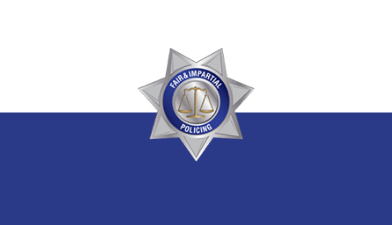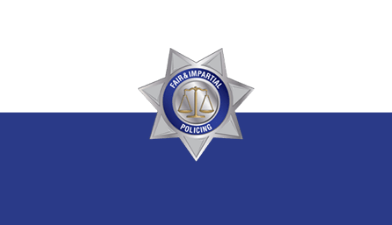Training Programs
Police – Command (or Command and Community)
(1.5 days, 30 attendees)
Agencies are recognizing that even the best officers might manifest bias and therefore even the best agencies must be proactive to achieve fair & impartial policing. This training presents what is known about human biases and provides guidance for promoting fair & impartial policing in the areas of policy, police leadership, training, supervision/accountability, leadership, recruitment/hiring, outreach to diverse communities, and measurement. Command and Community version includes community stakeholders.
Topics Covered
- Rethinking racially biased policing
- The social science of human bias and its implications for policing
- The benefits and elements of a comprehensive program to facilitate fair & impartial policing
- Meaningful policy
- Supervision and accountability
- Recruitment/hiring
- Education/training
- Assessing institutional policies and practices
- Measurement
- Responding to disparity charges
- Data Collection: The issues, the facts
- Outreach to diverse communities
- How to implement a comprehensive program.
COMMENTS FROM ATTENDEES
“It was very interactive and made me think. The resources and facts/examples were amazing.”
“Provided all views of a complex problem that will bring all sides to the table for worthy, meaningful conversations.”
“I am leaving the class with a new perspective on my own views and beliefs. I have a new awareness of bias-based policing within my own agency. The presentation of scientific data provided me with a more convincing argument that supported the existence of unintentional, but widespread racial bias, which I was typically quick to dismiss.”
“I obtained new ideas from the other students as well as from the instructor.”
“(Instructor) aggressively addressed difficult topics with facts and experience.”
Additional comments reflect the value of including community stakeholders:
“Having law enforcement and community stakeholders in the room made for interactive and thought-provoking discussions.”
“Discussions enabled community and law enforcement to appreciate each other’s views.”



